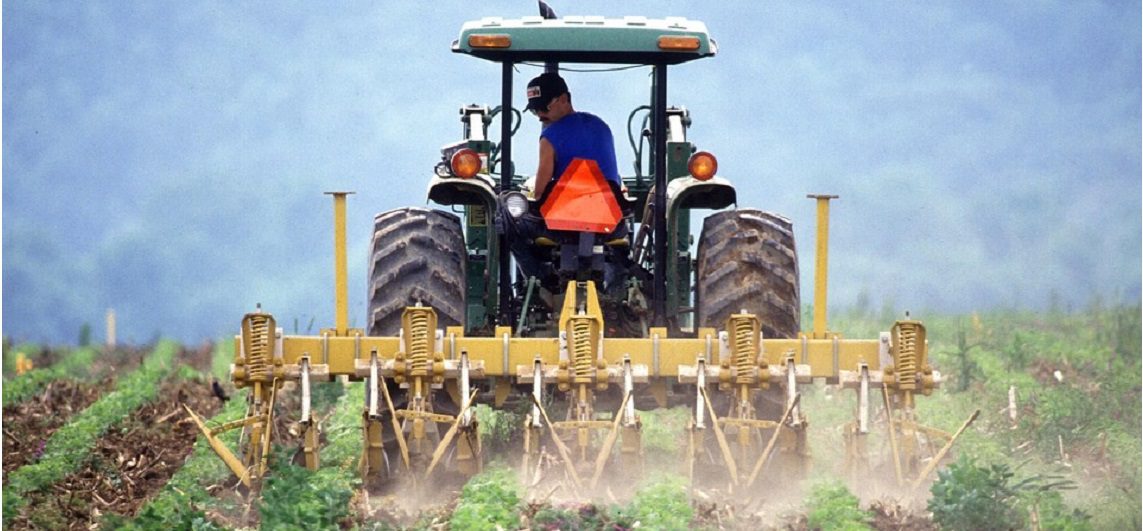by Nicola Sammon, Associate on the Employment Law & Benefits team at Mason, Hayes & Curran
As the world’s focus on immigration intensifies, labour shortages in certain countries have become a major issue. In response to this, Heather Humphreys, the Irish Minister for Business, Enterprise and Innovation has approved changes to the Employment Permit Regulations. These changes, which will operate on a pilot basis initially, are expected to make it easier for agri-food sector businesses to source workers from outside the European Economic Area (EEA). A total of 800 work permits are due to be issued for non-EEA workers through this quota-based scheme. The breakdown of these permits is 500 permits for the horticulture sector, 250 for the meat industry and 50 for the dairy sector.
What prompted this shift in position?
Until now, the employment permits regime in Ireland has generally focused on critical skills gaps at the higher end of the labour market. The minimum annual remuneration threshold of €30,000 for the granting of employment permits has meant that workers in the lower-skilled and lower-waged end of the jobs market have not been eligible for Irish employment permits.
With the buoyant Irish economy now reaching close to full employment, it has made it more and more difficult for European workers to be recruited and retained in the agri-food sector roles in Ireland. This has resulted in a noticeable deficit in the availability of lower-skilled, lower-waged labour.
Action taken
Minister Humphreys confirmed that these labour shortages were becoming more apparent in certain sectors. She acknowledged that “this has the potential to constrict growth if these needs are not met”.
This prompted the Minister to request a review by her Department of the economic migration policies underpinning the current employment permits system, prioritising labour shortages in the agri-food sector. Based on this, she introduced a temporary scheme to alleviate the immediate difficulties that companies in the agri-food sector are experiencing.
Details of the scheme
The scheme results in the following changes:
- The temporary removal of horticulture worker, dairy farm assistant and meat processor operative from the ineligible list for employment permits
- A new minimum annual remuneration threshold of €22,000 for a General Employment Permit for the relevant agri-food sector occupations
- A commitment by employers that the permit holder has access to suitable accommodation and training, including language training
“Milk the system”
Of course, as with any change, there is a fear that people will try to take advantage and “milk the system”. Minister Humphreys acknowledged that in introducing the changes, she was conscious that the changes must not disrupt the domestic labour market. So far, the changes have been widely welcomed by leading figures in the agri-food sector.
Conclusion
Ireland’s general policy remains committed to promoting the sourcing of labour and skills needs from within the workforce of Ireland and other EEA states. However, it is estimated that over the next decade alone, dairy farms in Ireland will need close to 3,000 extra jobs. The announcement of these special agri-food work permits is a positive indication of the Irish Government’s willingness to meet Ireland’s changing labour needs and may signal a more flexible approach.
The content of this article is provided for information purposes only and does not constitute legal or other advice
About the author
Nicola is an Associate on the Employment Law & Benefits team at Mason, Hayes & Curran. She advises employers and employees on all aspects of employment law, relating to both contentious and non-contentious matters.
Nicola advises clients on a daily basis on a range of workplace issues including recruitment, employment contracts and workplace policies, redundancies, disciplinary investigations and dismissals. Nicola also has a particular focus on the area of Irish business immigration. She advises domestic and international clients in relation to the employment of non-EEA nationals in Ireland, to include the preparation and submission of employment permits and other Irish immigration work permissions.









































